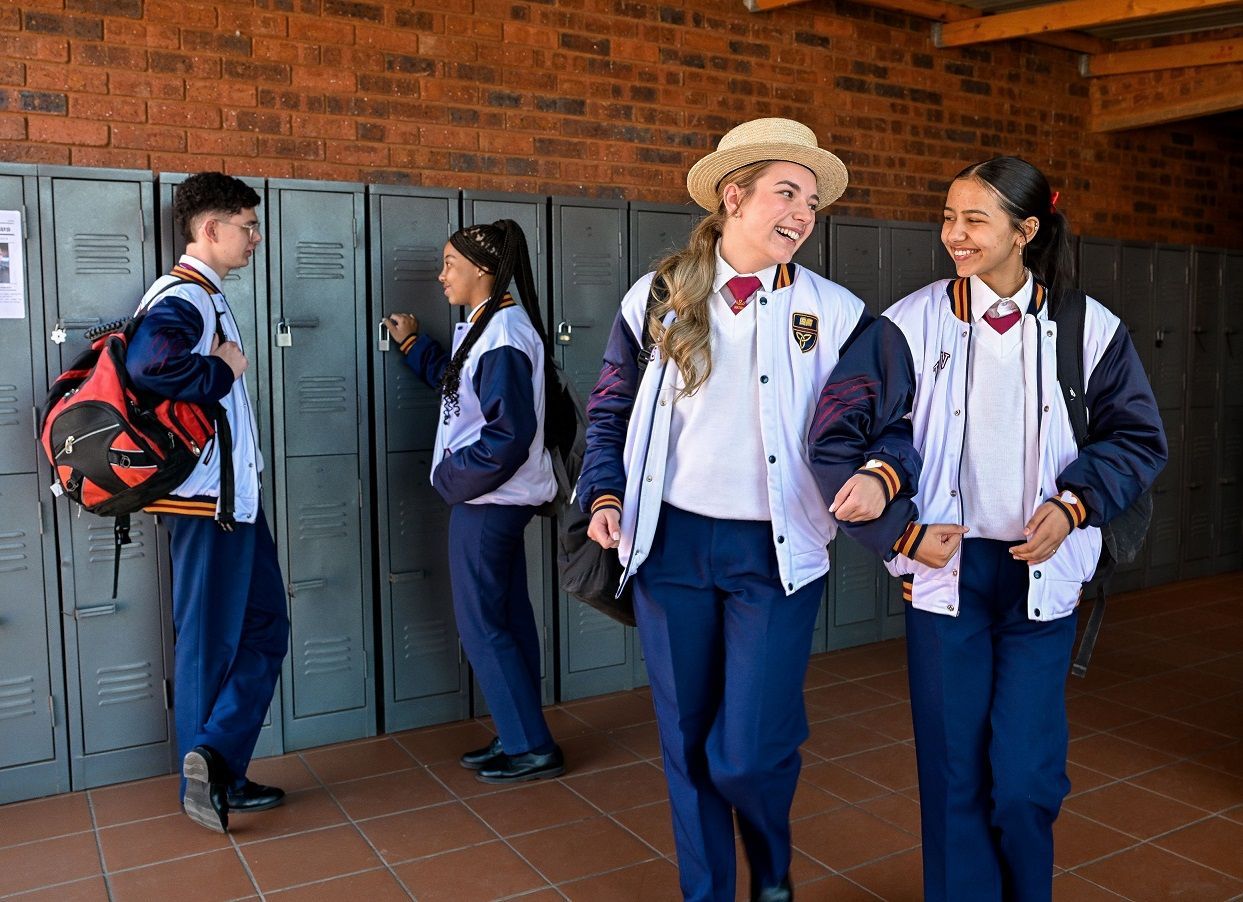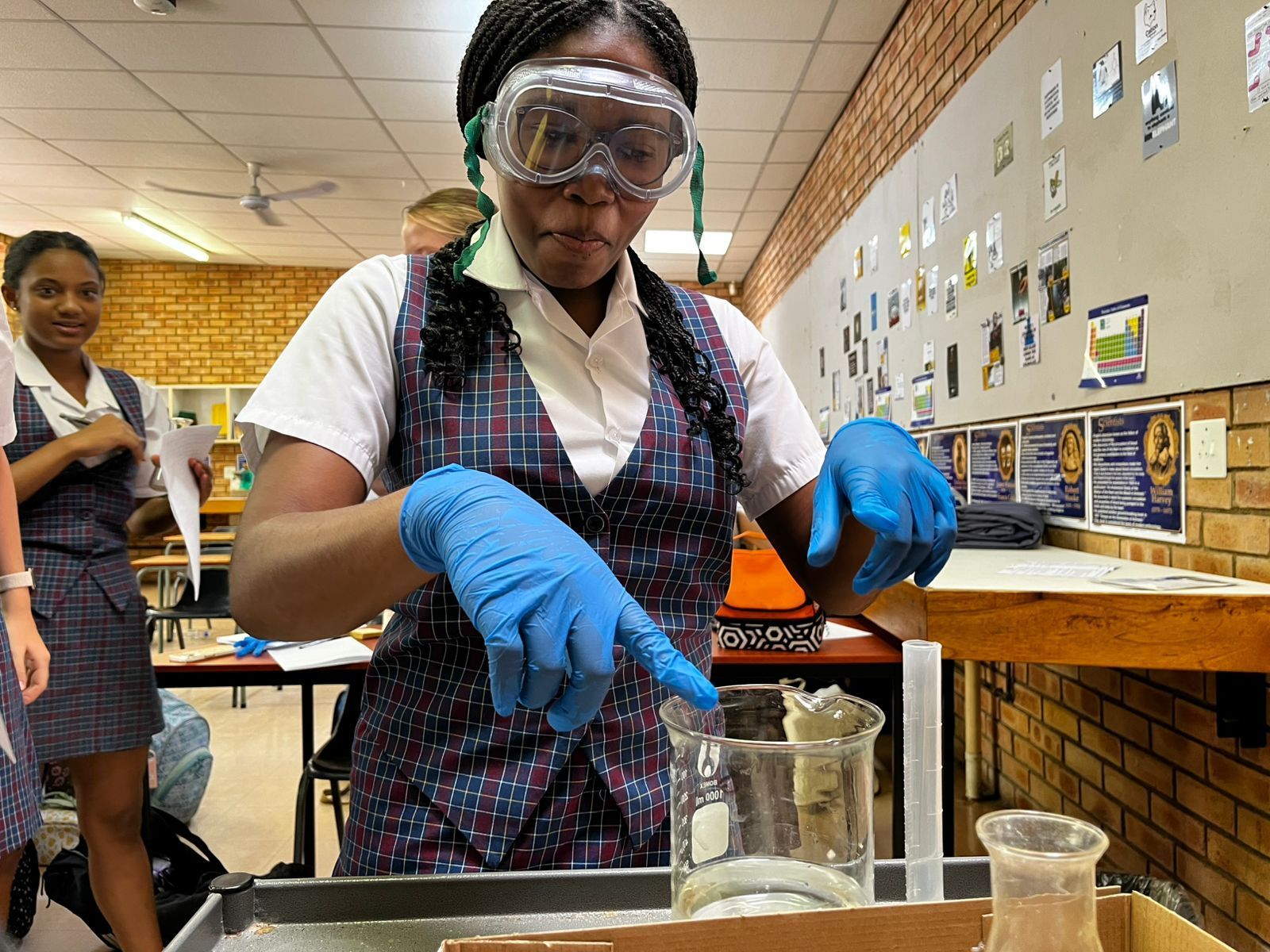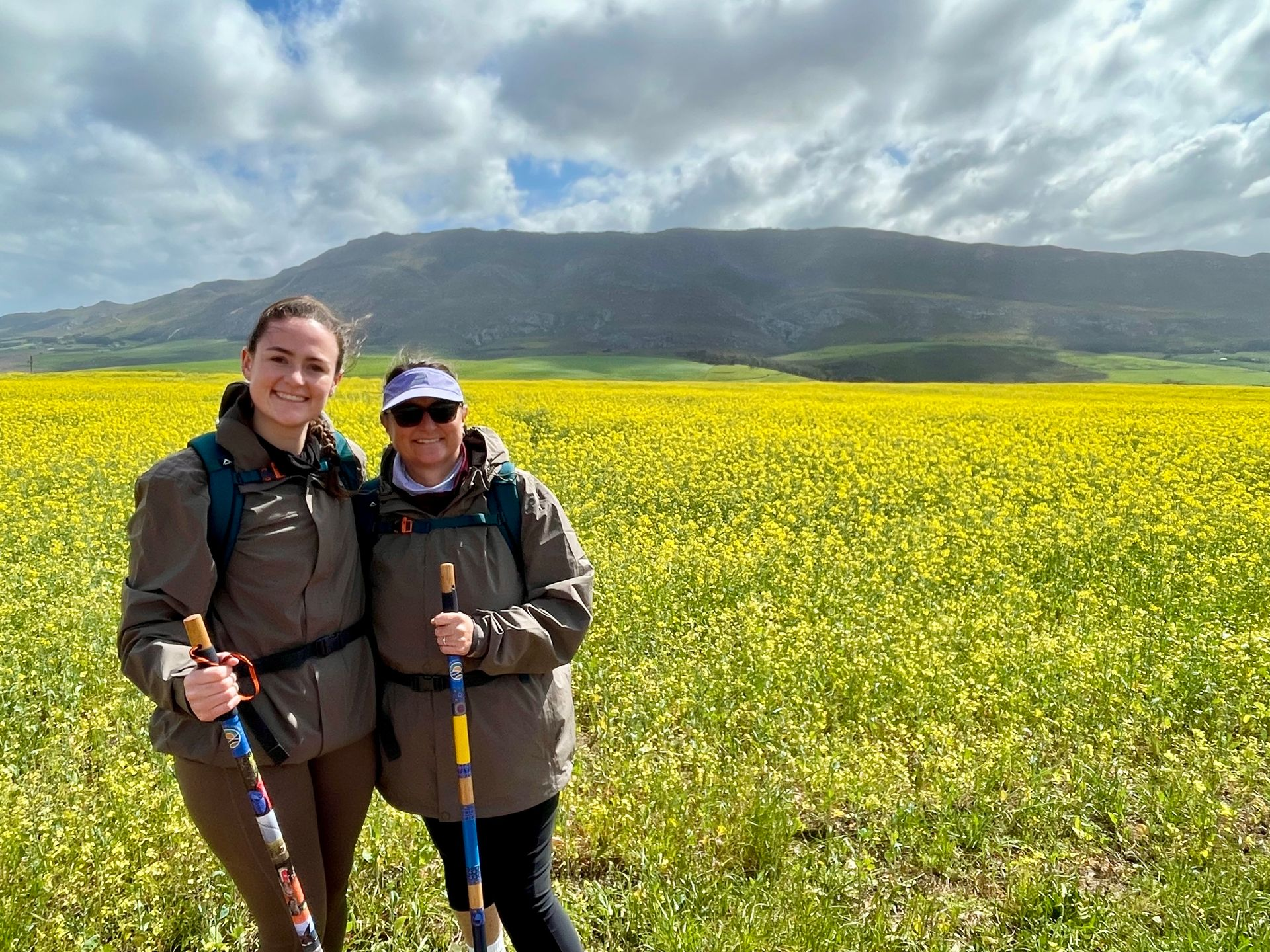Raising Kind Kids: Teaching Your kids (and the family) Kindness
Here’s why you should cultivate kindness in your children (and family members) through good deeds and acts of kindness.

It goes by many names – kindness, compassion, empathy, generosity, helping others, and more – but love for others is certainly something that can make the world a better place. According to the Making Caring Common project, “We should work to cultivate children’s concern for others because it’s fundamentally the right thing to do, and also because when children can empathise with and take responsibility for others, they’re likely to be happier and more successful people.”
“Be nice to your sister,” “Always stand up for your friends” and, “Never tease anyone,” are common parenting refrains the world over. Yet, in a fast-paced, achievement-focused digital world, teaching real compassion to our children can feel like a serious challenge. Raising a generation of really “good people” is possible – it’s all about making kindness a habit.
Teaching kindness to your kids
The building blocks of kindness lie in emotional intelligence (called EQ), which is really all about understanding, managing, and using one’s emotions to communicate, overcome challenges, resolve conflict, and empathise with others. Rather than a personality trait, kindness is just a skill in the EQ skill set. Here are some ways to teach this skill to your children:
1. Talk about it
Because the foundation of kindness is EQ, being able to identify, talk about and work through their feelings is the first step in a child growing into a kind person. So, talk about what kindness means, how it makes people feel, why someone would need kindness and what this looks like. You could think of reading books about kindness together or, when reading any book, point to the characters and ask your child to tell you how they’re feeling.
2. Focus on kindness
When it comes to caring for others, children need to learn how to balance their own needs with those of others, as well be able to put these moments into practise.
Ask your child: “What was the nicest thing someone did for you today?” or “What nice thing do you think you can do for someone tomorrow?” Respect for others is also a big part of teaching kindness, and you could bring this in by teaching your child to always greet and treat other with respect even when they’re angry tired or upset.
3. Celebrate good deeds
Take care to notice the small acts of kindness your child shows – whether that be picking you a little flower on your trip to the park or sharing their half-eaten biscuit with you. Kindness starts by caring for someone other than yourself, so praise your child’s efforts and encourage more kindness. Tell them, “It’s so kind of you to share your favourite treat with Mom!” As they grow older, it becomes even more important to affirm their kind actions.
4. Be a model of kindness
As with most things in this job of parenting, you are your child’s best role model when teaching kindness. So, think about joining a school or community project, volunteering as a family and donating to local causes to help your child see what kindness looks like (and that it does require commitment).
With older children, you could also chat about empathy, kindness, etc. by working through moral dilemmas with them. For example, “What do you think I should do if one of my friends says something about one of my other friends?” You could also pause a movie or series and start a dialogue about something that has come up for a character in the story.
5. Make the circle bigger
Because kindness is about showing care and concern for others, it’s something that needs to extend beyond our core circle of friends and family. Yes, your child’s immediate circle is important but there’s a bigger picture to consider too.
Think about the children at school, the people in your community, our society. This isn’t to make them feel responsible for everyone, but to understand that we can practise and spread kindness everywhere. A good way to do this is to do good deeds and practice acts of kindness as a family.
Here are 10 acts of kindness to do as a family
1. Collect old (but in good condition) toys to donate to a local orphanage
2. Offer to babysit for friends so they can enjoy a date night out
3. Donate old books to a doctor or dentist’s office or to a rural library
4. Learn a joke to share with the teller at the till of your local shop
5. Offer to help an elderly or sick neighbour with household chores or around the garden
6. Take a meal to a family who needs it (they’ve had a new baby, or a bereavement, or have been ill)
7. Share some treats with your school’s staff, just to say thanks
8. Donate DVDs, books, puzzles to a care home for the elderly
9. Volunteer at local charities and causes
10. Smile – a random act of kindness goes a long way to warming the hearts of others.
Sources:
7 Tips for Raising Caring Kids
Raising kind kids: 9 daily habits to teach kids kindness
3 Simple Rules To Raise Kind Kids
52 Acts of Kindness for Families with Young Children














